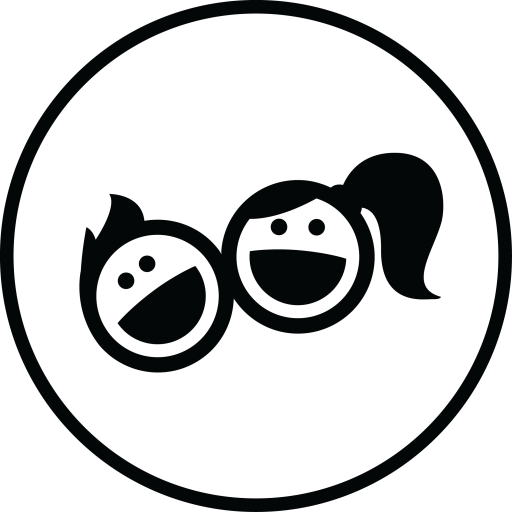The Early Years Learning Framework empowers educators of babies, toddlers, preschoolers and beyond to implement quality early education programs. With the Principles, Practices and Outcomes guiding learning, educators can ensure early learning standards are met and encouraged. Learning environments can stay fresh and engaging.
[button link=”https://starskills.com.au/portfolio-gallery/eylf/” size=”large” bg_color=”#ef383a”]EYLF Resources[/button]What is the EYLF?
The EYLF stands for Early Years Learning Framework. It is the official framework designed for educators of children from birth to 8 years of age. Legally educators are required to implement the EYLF if they are responsible for caring for children within the 0-8 age bracket. Included are family educators,day cares, pre schools, kindys and other services who are responsible for educating and caring for children. Early learning settings are required to implement the EYLF as part of the National Quality Standards. As part of the NQS all services will be assessed and the implementation of the EYLF monitored. The NQS not only looks at educational programs but also gives attention to high health and safety standards. Such rigorous standards ensure children within Australia are receiving quality care and education. It also ensures that early learning settings are constantly reflecting and growing in their professional practice.
For your information – the National Quality Standard is linked to two national learning frameworks. The EYLF covers children from birth to 8. For children out of school care the NQS uses the My Time, Our Place Framework for School Age Care in Australia.
What is the EYLF all about?
I really love the EYLF and love the way it empowers smart educators to reflect on their setting. It recognises that children come from different experiences and it implores educators to consider their early learning setting. How you implement the EYLF with one group of students will be different with another. The EYLF inspires creative teaching when implemented thoroughly and encourages educators to have high expectations for all the children in their care.
The Early Years Learning Framework is based on research and evidence that early childhood is a critical time in the life of a child. The framework is designed to ensure all chidlren have quality care and learning. Play is considered integral to children’s learning as the important of early literacy and numeracy is noted. The framework also acknowledges the critical importance of social and emotional development.
The Early Years Learning Framework has 3 core words that drive and encapsulate a vision for each child’s future. Belonging, Being and Becoming.
Belonging speaks of children knowing with whom they belong. Children who develop are secure and will know about their own sense of belonging. Educators will help children to develop their own sense of identity. They will help children to see they are part of a family, culture, neighbourhood and extended community. At the core of “Belonging” are relationships. Relationships mould a greater sense of identity within a child.
Being allows children to have a valuable childhood. It focuses on children being present in each moment. Educators will value children and help them to engage in the memories and challenges that are occurring in their lives now. Educators value where each child is at and acknowledges the importance of these valuable foundational years.
Becoming acknowledges all the things that will change during childhood. Children will grow and mature in their distinctiveness, skills, relationships, understandings and capacity over this period. Educators will recognise this is a season of rapid change and value the process of helping children to engage in society fully.
At the heart of Being, Belonging and Becoming one realises that all children need these elements to be engaged in learning and develop in their particular way that helps children to be successful where they are at in the moment.
What are the elements within the EYLF?
The EYLF is made up of Principles, Practices and Outcomes. There are 5 Principles that are based on research and evidence that predicate practice. These Principles aim to further develop children in the Learning Outcomes as outlined in the EYLF. The EYLF Principles are carefully considered and resonate with current theories and research when concerned with children’s learning and pedagogy.
The EYLF Principles
- Secure, respectful and reciprocal relationships.
- Partnerships
- High Expectations and Equity
- Respect and Diversity
- Ongoing Learning and Reflective Practice
The EYLF Practices
- Holistic Approaches
- Responsiveness to Children
- Learning through Play
- Intentional Teaching
- Learning Environments
- Cultural Competence
- Continuity & Transitions
- Assessment for Learning
The EYLF Learning Outcomes
- Children have a strong sense of identity
- Children are connected and contribute to their world
- Children have a strong sense of well being
- Children are confident and involved learners
- Children are effective communicators.



